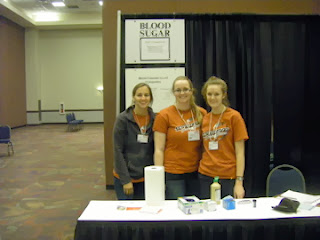As America Ages Senior Care Flourish's
by ElderCarelink
The Georgetown University Public Policy Institute estimates
nearly 70% of individuals may need some form of long-term care after they turn
65.
"People want to stay in their own home," says
James Firman, president of the National Council of Aging, "and if they
can't, they want to go to a place where they can get assistance but that still
feels homelike."
Alternatives to nursing homes
According to Medicare.gov, most older Americans who need
long-term care can receive care at home and don't need to enter a nursing home.
Alternatives to nursing homes include home care services,
assisted living facilities, boarding houses, or adult day care.
Here is a quick look at two long-term care alternatives:
1. Home care services. Home visiting services can be
beneficial for elders that wish to remain in their homes. Home care workers can
provide a range of services, from physical therapy to bathing assistance,
transportation to meal preparation.
2. Adult day care services. Adult day care centers provide
activities for seniors during mostly business hours, Monday through Friday.
They offer family caregivers the opportunity to take a break or go to work.
But, families should discuss the various long-term care
options in advance, well before care is necessary.





.JPG)
.JPG)
.JPG)
.JPG)
.JPG)
.JPG)
.JPG)
.JPG)





















